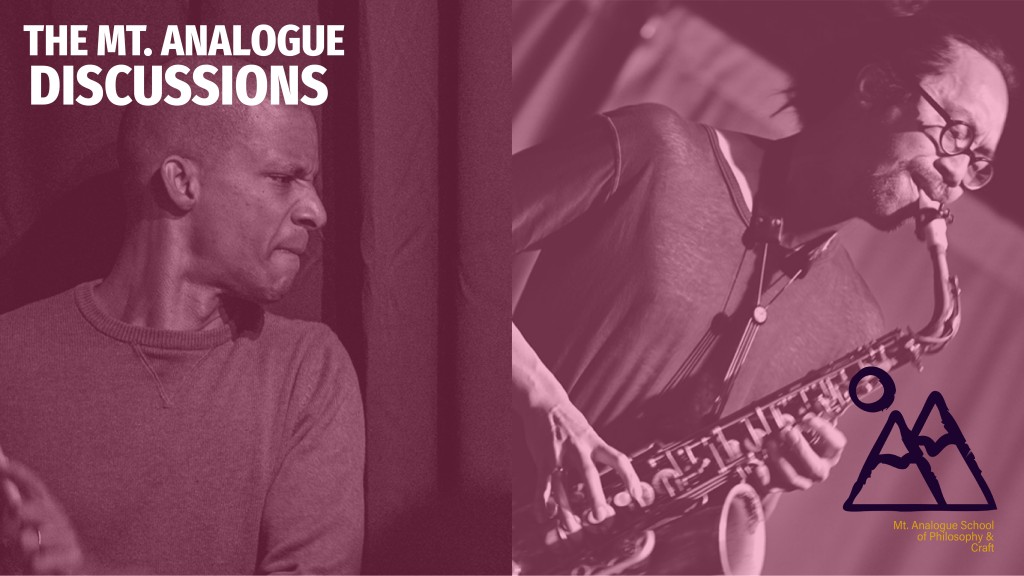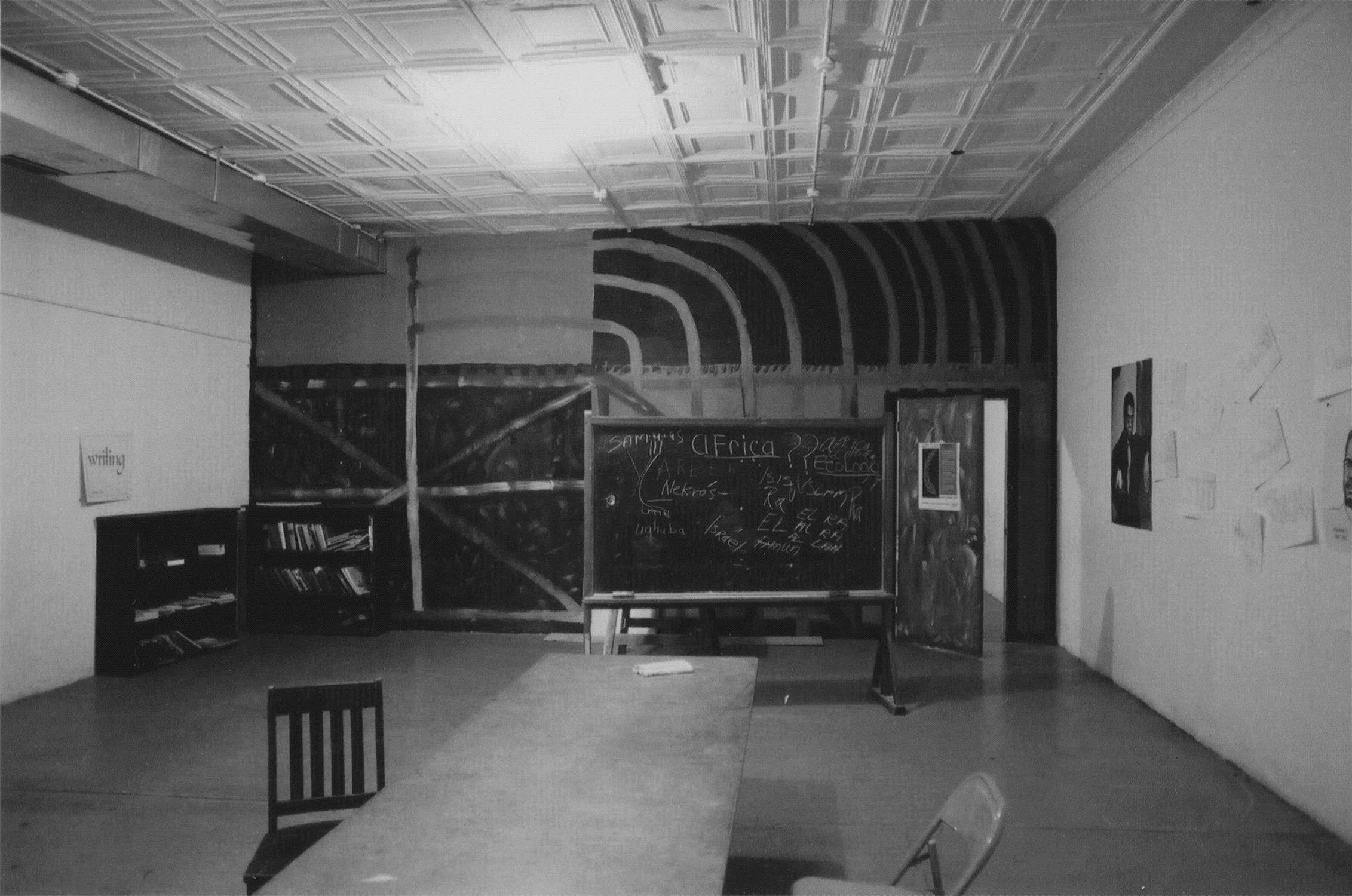
Sound and Self within the Social Landscape: Davu Seru & Patrick Shiroishi in Discussion
WHEN: Sunday, February 21 at 6:00 PM (US Central Time)
WHERE: via Zoom https://carleton.zoom.us/j/93952480199?pwd=U0svZHB1Rkd4VkdnU1VnT1VESmVCZz09
Patrick Shiroishi and Davu Seru, mid and west coast stalwarts of expanded composition, have each in the last few years composed pieces that speak to the power and social necessity embedded in the history of improvisation, “social music,” and the continued role that abstract sound plays in our understanding of the spaces between us. Be those spaces the distance between us, or the distance between ourselves and the realization of our best selves.
In 2018 Seru premiered Dead King Mother, a piece inspired by the oft-told family tale of his Uncle Clarence and his desperate actions following the assassination of Dr. Martin Luther King Jr. In early 2020 Shiroishi released Descension, an album of extended solo saxophone inspired by his family’s history in American concentration camps during WWII.
For this second session in the Mt. Analogue Discussion series, Seru and Shiroishi will delve into these two works, the intersection of familial and collective historical trauma, the systems and impulses that guide and manipulate them, and how they each utilize the tools of sound and voicing in abstraction as a means of expression and communion with intersecting histories.
About Davu Seru
Davu is an improvising musician and composer. He’s worked with numerous improvising musicians and composers throughout the United States and France and is bandleader for the ensembles Motherless Dollar and No Territory Band. For the year 2017-2018 he served as the first-ever composer-in-residence at Studio Z in Saint Paul. He’s curated concert series for over the past 20 years and has received awards from McKnight Foundation (2020 Composer Fellowship), Jerome Foundation (2017-18 Composer/Sound Artist Fellow), American Composers Forum (Minnesota Emerging Composer Award), the Metropolitan Regional Arts Council (Next Step Fund) and has received commissions from the Zeitgeist Ensemble and Walker Art Center. In addition, Davu is a published author and is a visiting instructor in the Department of English at Hamline University.
He lives in Saint Paul, MN, with his partner Emily and son August.
About Patrick Shiroishi
Patrick Shiroishi is a Japanese-American multi-instrumentalist & composer based in Los Angeles.
